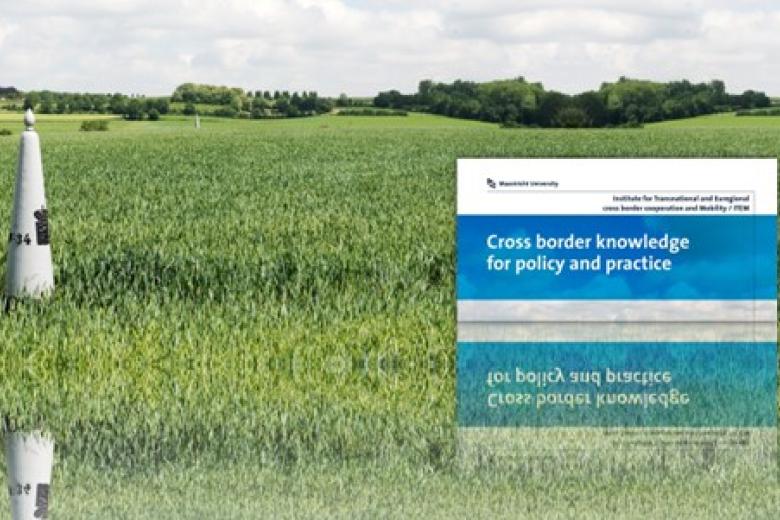Extradition Law: reviewing grounds for refusal from the classic paradigm to mutual recognition and beyond
Since the inception of the modern paradigm of international cooperation in the 18th century, mobility of people and the capacity to commit crimes from a distance have increased exponentially. Extradition is a key instrument for addressing those phenomena. However, several obstacles to effective cooperation endure.
The question this study seeks to answer is whether those obstacles should be removed and, if so, how and to what extent. To that end, the study looks into other areas of the law concerned with transnational issues, and concludes by proposing a model of increased cooperation based on mutual understanding and respect among States.
| PhD thesis written by Miguel João de Almeida Costa - see more Law PhD theses |
Also read
-
ITEM continues: Advancing cross-border cooperation and impact
ITEM enters new phase within UM Faculty of Law from 2025.

-
IGIR seminar series
The IGIR seminar series will be launched after the Summer break. Our aim is to offer a nice and friendly environment for staff members and visiting researchers to present their ongoing research.

-
Inaugural lecture Jan Willem van Prooijen
What drives people to embrace radical conspiracy theories, sometimes with far-reaching consequences for society? During his inaugural lecture on Friday 27 June, Prof. Dr. Jan Willem van Prooijen (radicalisation, extremism, and conspiracy thinking) will address this urgent question.
